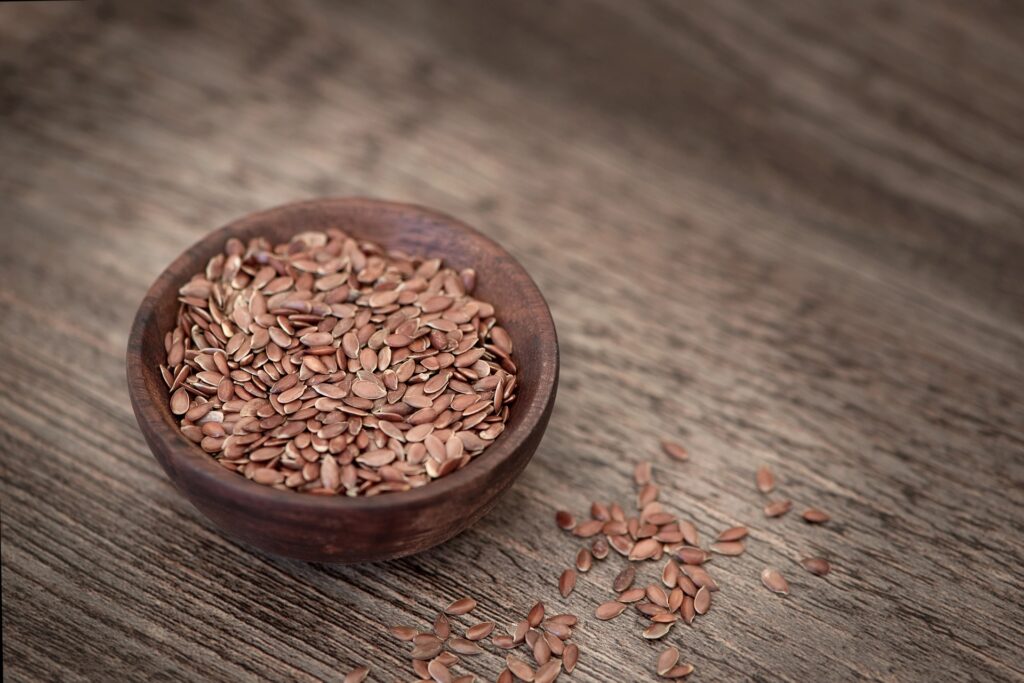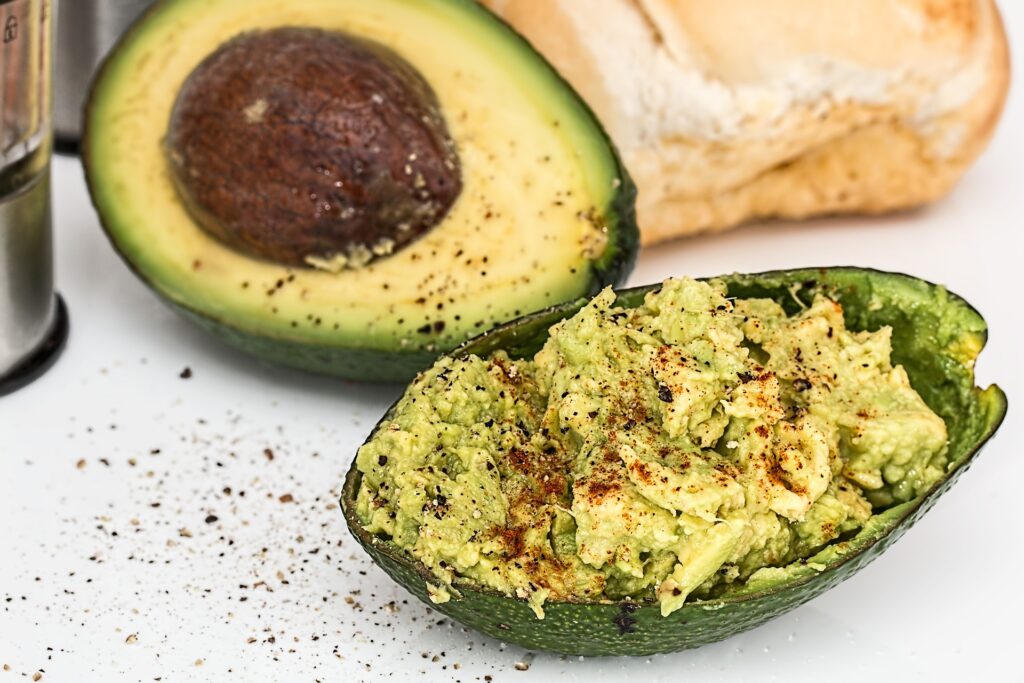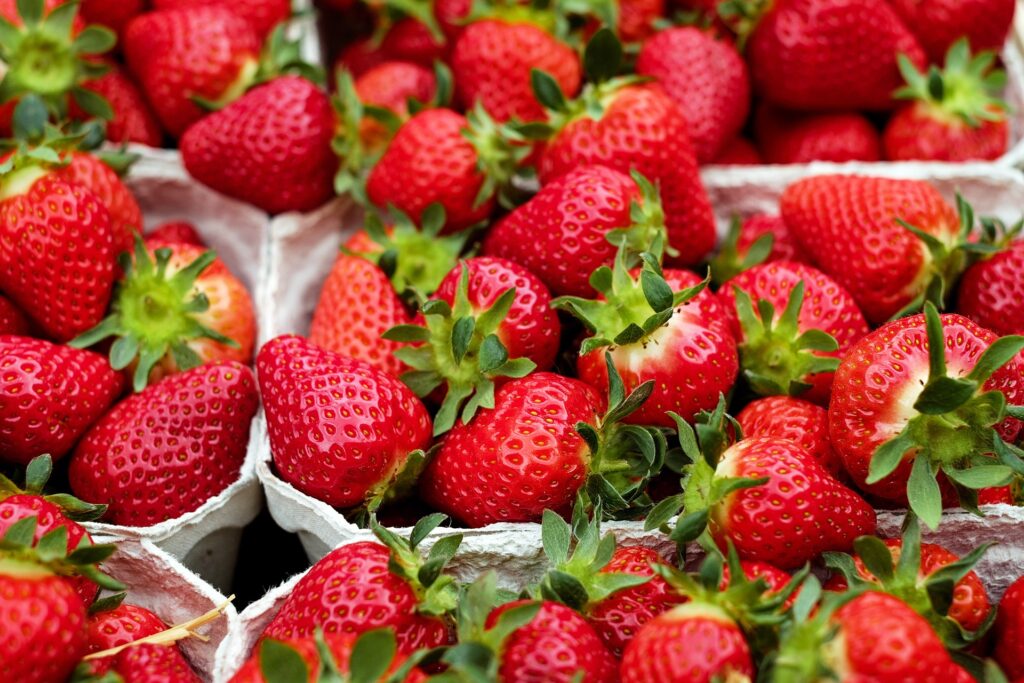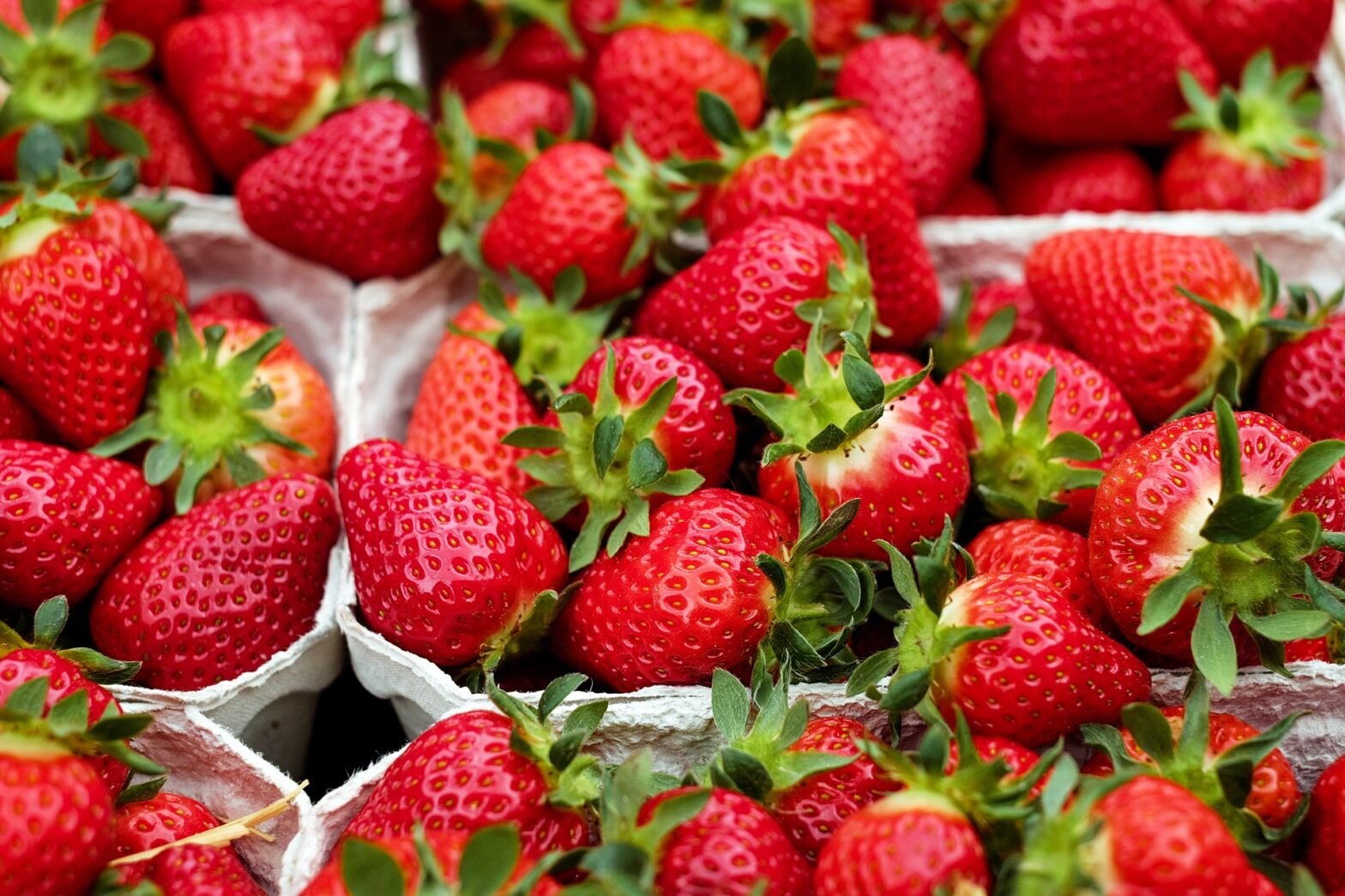Let’s find out about Foods That Lower Blood Sugar levels.

A nutritious diet is a key to curing any illness condition, But I will talk about the 10 best foods that lower blood sugar in this blog. So, whether you have Diabetes, Prediabetes, or any other conditions that affect blood sugar levels, diet is a crucial part of life to regulate your blood sugar levels. So, here is a list of foods that lower blood sugar levels.
Flax Seeds
Flax seeds are one of the best sources for plants of omega-3 fatty acid alpha-linolenic acid, a fatty acid which we get only through plants as our body cannot produce it; they are also rich in fibre, particularly flaxseeds may help reduce blood sugar levels.
It’s just not a theory. A review of 25 controlled studies shows that eating whole flax seeds is significant in lowering blood sugar levels.
Okra
Okra is a vegetable which is used by people commonly in their houses. It contains compounds like polysaccharides and flavonoid antioxidants which helps to lower your blood sugar levels. According to one study, Okra water improved the blood sugar levels of pregnant rats with gestational diabetes.
Additionally, okra has a very low glycemic index. The glycemic index is a grade given to carbohydrates in foods based on how they affect blood sugar levels. Low GI foods keep blood sugar constant, and the sugar released by the food is metabolized slowly. Would you believe that 100 grammes of okra contain only 7.45 grammes of carbohydrates?! This is possibly why, according to the American Diabetes Association, non-starchy foods like okra are considered safe bets for people with diabetes.
Broccoli
There are many reasons to use broccoli in our diet if you have diabetes. First, it contains dietary fibres, which take longer to break down and digest, ensuring that the glucose is metabolized, gradually reducing blood sugar spikes.
Secondly, broccoli is very low in carbohydrates, and experts say you should opt for a low-carb diet while suffering from diabetes. As it helps keep the blood sugar levels in control.
And lastly, broccoli could be a food that lowers blood sugar instantly without insulin. It has a very low Glycaemic Index, which is 15, making it a perfect fit for people with diabetes; you are often advised to include a low GI diet as these foods take a long metabolism and gradual release of sugar.
Fish (Particularly Wild Salmon)
Salmon have an adequate amount of omega-3 and fatty acids, DHA and EPA, and significantly, fish reduces inflammation and coronary risk, which is common in diabetes.
Fish is a healthy option for people with diabetes. Protein helps us meet part of our energy demands, and omega 3 fatty acids may benefit our heart health.
Vitamin D deficiency is frequent among people with diabetes; therefore, including fish in your diet is an intelligent method to supplement your vitamin D consumption. According to scientists and experts, fish consumption may lessen the chance of getting type 2 diabetes.
Pumpkin
Pumpkins can be great options for people who have diabetes as it contains a carbohydrate called polysaccharides and compounds like puerarin; when both are mixed, it helps lower blood sugar levels. Additionally, pumpkin is also shown to increase insulin, which means this food can instantly lower blood sugar without insulin.
And also, Pumpkin seeds, which are high in omega-3 and omega-6 fatty acids, provide good fats that may help prevent type 2 diabetes and heart disease. Finally, zinc consumption has been linked to a lower risk of type 2 diabetes. According to research, zinc modulates insulin receptors, which means it aids in the regulation of glucose in our bodies!
Avocados

Consuming foods that contain healthy fats may increase fullness; when you eat something that incorporates fat, that thing slows the digestion of carbohydrates and leads to stable blood sugar levels. The avocado includes healthy fat as well as additional vitamins and minerals.
Avocado is high in fibre, too; one-third of avocado contains 3 grams of fibre. Scientists have linked that a high fibre intake can with a substantial amount can lower the risk of diabetes and its complications.
Strawberries

Strawberries are affluent in vitamin c, and we all understand that vitamin c is rich in antioxidants that help in diabetes-related complications and magnesium, which can improve insulin resistance and help control diabetes. Also, they are a good source of dietary fibre, which slows the absorption and helps enhance blood sugar levels reaching stability.
Easy to get and start eating, at the same time, it is tasty; you should go for this superfood to reduce your diabetes complications.
Chia seeds
Eating chia seeds may help control blood sugar. Some studies have conjoined. Chia seeds consumption stable the blood sugar levels and improves insulin sensitivity.
Additionally, they are anti-inflammatory and a superfood for diabetes management. Being adaptable to include in a diet of a person with diabetes. You can mix chia seeds with a bowl of green vegetables, nuts or fruits. Further, you can have them by mixing them in lemon tea with that little bit of texture.
Ginger
The presence of gingerols, the main functional component of ginger rhizome, is thought to enhance glucose uptake into muscle cells without insulin, which could help with blood sugar regulation.
Another study published in the Journal of Complementary and Integrative Medicine found that ginger powder improved glycemic control in persons with type 2 diabetes who were not on insulin.
Because ginger has a low glycemic index, people with diabetes can incorporate it into their daily diet and reap the benefits. Cutting it into strips or grating it over stir-fry recipes is one method. Another option is to make ginger lemonade, which is nutritious and refreshing.
You can make some ginger tea too. Bring some water to a boil and add a couple of pieces of ginger. Allow it to cook for a while. It should have been first thing in the morning.
Spinach
One of the best ways to lower blood sugar naturally is to include spinach in our diet because some researchers have linked a low potassium intake with a higher risk of diabetes complications.
Spinach is a good source of dietary potassium. However, only a cup of spinach contains around 167 mg of potassium and enough vitamins and minerals.
The bottom line
Let’s end this blog with additional tips which you can use in day to day life to manage your diabetes.
Designate a routine
Your meal should include a source of fibre, a slow-digesting carbohydrate, lean protein, and healthy fat.
Limit your intake of quick-digesting carbs
Instead of white bread and spaghetti, choose carbohydrates that take longer to digest and include more nutrients, such as vegetables, whole grains, legumes, and berries.
Know a food’s GI score
Foods with a lower GI score take longer to boost blood sugar levels and make you feel fuller. Oatmeal, muesli, and non-starchy veggies are among them.
Avoid or limit high-GI foods
These include white bread, sugar, and cornflakes.

